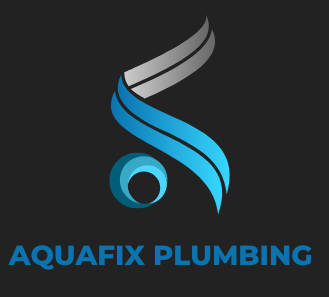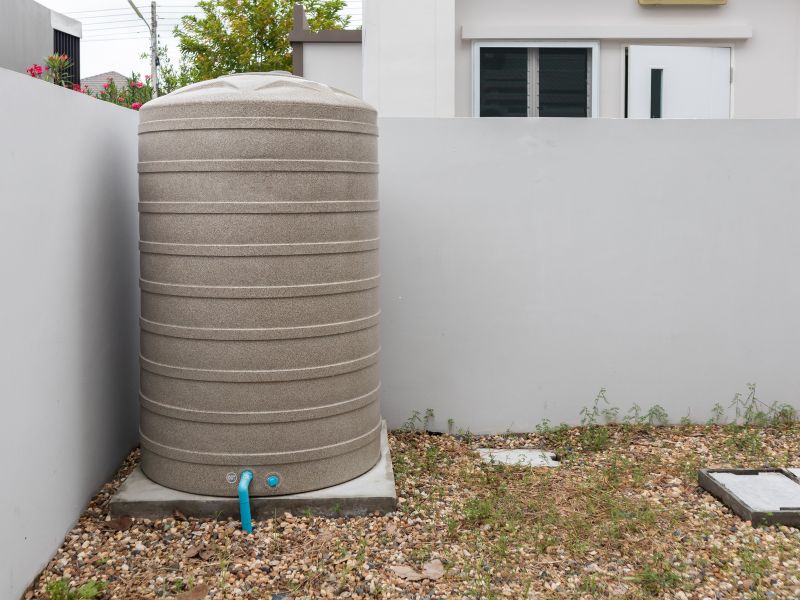Understanding Reverse Osmosis
What is Reverse Osmosis?
Imagine a very small sieve that is able to gather even the smallest particles that have dissolved in water. That’s the basic concept behind Reverse Osmosis (RO), a state-of-the-art method of purifying water that successfully filters out pollutants like salt, heavy metals, and even germs by forcing water through a semipermeable membrane.
How Does Reverse Osmosis Work?
Water inevitably moves from a less concentrated solution to a more concentrated one during osmosis. By using pressure to push water through the membrane and eliminate impurities, reverse osmosis flips this process on its head and produces pure, clean drinking water.
Benefits of Using Reverse Osmosis for Water Purification
- Superior Purity: RO removes a wide range of contaminants, ensuring safe and healthy drinking water.
- Improved Taste and Odor: RO eliminates substances that affect the taste and smell of water.
- Cost-Effective: RO systems are a long-term investment, reducing reliance on bottled water.
- Environmentally Friendly: RO minimizes plastic waste associated with bottled water consumption.
Salinity Issues in Durban
Causes of Salinity in Local Water Sources
Durban, with its beautiful coastline, unfortunately faces challenges with salinity in its water sources. Several factors contribute to this:
- Intrusion of Seawater: The proximity to the ocean can lead to seawater seeping into underground water sources, increasing salinity.
- Over-Extraction of Groundwater: Excessive pumping of groundwater can lower the water table, allowing seawater to encroach further inland.
- Climate Change: Changing rainfall patterns and rising sea levels can exacerbate salinity issues.
Impact of Salinity on Health and Environment
High salt levels in drinking water can have serious consequences:
- Health Risks: High sodium intake is linked to hypertension, kidney problems, and other health issues.
- Environmental Damage: Salinity can harm soil fertility and affect plant growth, impacting agriculture and ecosystems.
Monitoring Salinity Levels in Durban’s Water Supply
Regular monitoring of water sources is crucial to identify and address salinity concerns. The eThekwini Municipality conducts routine testing, but as residents, we can also contribute by reporting any changes in taste or odor to the relevant authorities.
The Role of Reverse Osmosis in Combatting Salinity
Effectiveness of Reverse Osmosis
RO systems excel at removing salt and other dissolved solids, making them an ideal solution for addressing salinity issues in Durban. RO membranes effectively block salt ions, ensuring the production of safe and palatable drinking water.
Case Studies: Successful Implementation in Durban
In an effort to combat salinity, several of Durban communities and businesses are currently utilising RO technology. For instance, a seaside hotel upgraded its experience and decreased its need on bottled water by adding a RO system to supply clean drinking water to its visitors.
Cost-Benefit Analysis of Reverse Osmosis Systems
While the initial investment in an RO system may seem significant, the long-term benefits outweigh the costs:
- Savings on Bottled Water: RO eliminates the need for purchasing bottled water, resulting in significant savings over time.
- Improved Health: Access to clean, low-sodium water promotes better health and reduces healthcare costs.
- Environmental Protection: RO reduces plastic waste and helps conserve water resources.
Other Local Water Quality Concerns
Contaminants in Durban’s Water Supply
In addition to salinity, Durban’s water sources may contain other contaminants, such as:
- Heavy Metals: Industrial activities and aging infrastructure can lead to the presence of heavy metals like lead and arsenic in water.
- Bacteria and Viruses: Contamination from sewage or agricultural runoff can introduce harmful microorganisms.
- Chemicals: Pesticides, herbicides, and industrial chemicals can leach into water sources.
Health Risks Associated with Poor Water Quality
Exposure to these contaminants can pose serious health risks, including:
- Gastrointestinal Illnesses: Bacteria and viruses can cause diarrhea, vomiting, and other digestive problems.
- Neurological Disorders: Heavy metals can affect the nervous system, leading to developmental delays and cognitive impairment.
- Cancer: Certain chemicals are known carcinogens, increasing the risk of cancer.
Community Awareness and Education Initiatives
Making people about water quality issues and promoting responsible water use is crucial. Local organizations and community groups can play a vital role in educating residents about the importance of water conservation and the benefits of RO technology.
Choosing the Right Reverse Osmosis System
Factors to Consider When Selecting a System
Several factors should be considered when choosing an RO system for your home or business:
- Water Quality: Have your water tested to identify specific contaminants and choose a system designed to address them.
- Capacity: Consider the number of people using the system and their water consumption needs.
- Maintenance Requirements: Choose a system with easy-to-replace filters and minimal maintenance needs.
- Budget: Compare prices and features to find a system that fits your budget.
Recommended Brands and Models for Durban Residents
Several reputable brands offer RO systems suitable for Durban’s water conditions. Some popular choices include:
- H2O International: Known for their high-quality and reliable systems.
- Pure Blue: Offers a range of systems with advanced features and user-friendly designs.
- APEC Water Systems: Provides cost-effective solutions with excellent performance.
It’s essential to consult with a local water treatment specialist to determine the best system for your specific needs and water quality.
Installation and Maintenance Tips
Proper installation and regular maintenance are crucial for optimal RO system performance. Consider hiring a professional for installation and follow the manufacturer’s recommendations for filter replacement and system cleaning.
Future of Water Purification in Durban
Innovations in Water Purification Technology
The field of water purification is constantly evolving, with new technologies emerging to address water quality challenges. Some promising innovations include:
- Nanotechnology: The use of nanoparticles to enhance filtration and remove even the smallest contaminants.
- Solar-Powered Desalination: Utilizing solar energy to power desalination processes, reducing reliance on fossil fuels.
- Smart Water Systems: Integrating sensors and data analytics to monitor water quality and optimize treatment processes.
Government Policies and Support for Water Quality Improvement
The government plays a crucial role in ensuring access to clean water for all residents. Continued investment in water infrastructure, research, and development of new technologies is essential. Policies that encourage water conservation and responsible water use should also be implemented.
Community Involvement and Sustainable Practices
We all have a role to play in protecting our water resources. By adopting sustainable practices, such as reducing water wastage and minimizing pollution, we can contribute to a cleaner and healthier future for Durban.
Conclusion
Recap of Reverse Osmosis Benefits
Reverse Osmosis offers a powerful solution to combat salinity and other water quality concerns in Durban. By investing in an RO system, you can ensure access to clean, safe, and healthy drinking water for yourself, your family, and your community.
Call to Action for Residents and Local Authorities
Let’s work together to protect our precious water resources and create a sustainable future for Durban. Consider installing an RO system in your home or business, and support initiatives that promote water conservation and responsible water use. Together, we can make a difference!
Don't let water worries weigh you down. Choose pure water with Reverse Osmosis.
Is your Durban home or business battling the challenges of salty, impure water? It’s time to turn the tide with a Reverse Osmosis system tailored to your needs. Contact us today for a free consultation and experience the difference pure water can make in your life.
Does a reverse osmosis system soften water?
Yes, to a certain extent. RO systems remove calcium and magnesium ions, which are the primary contributors to water hardness. However, an RO system's main goal is water purification, not solely water softening. If your primary concern is addressing the effects of hard water on your appliances and plumbing, a dedicated water softener might be a more suitable choice.


Recent Comments